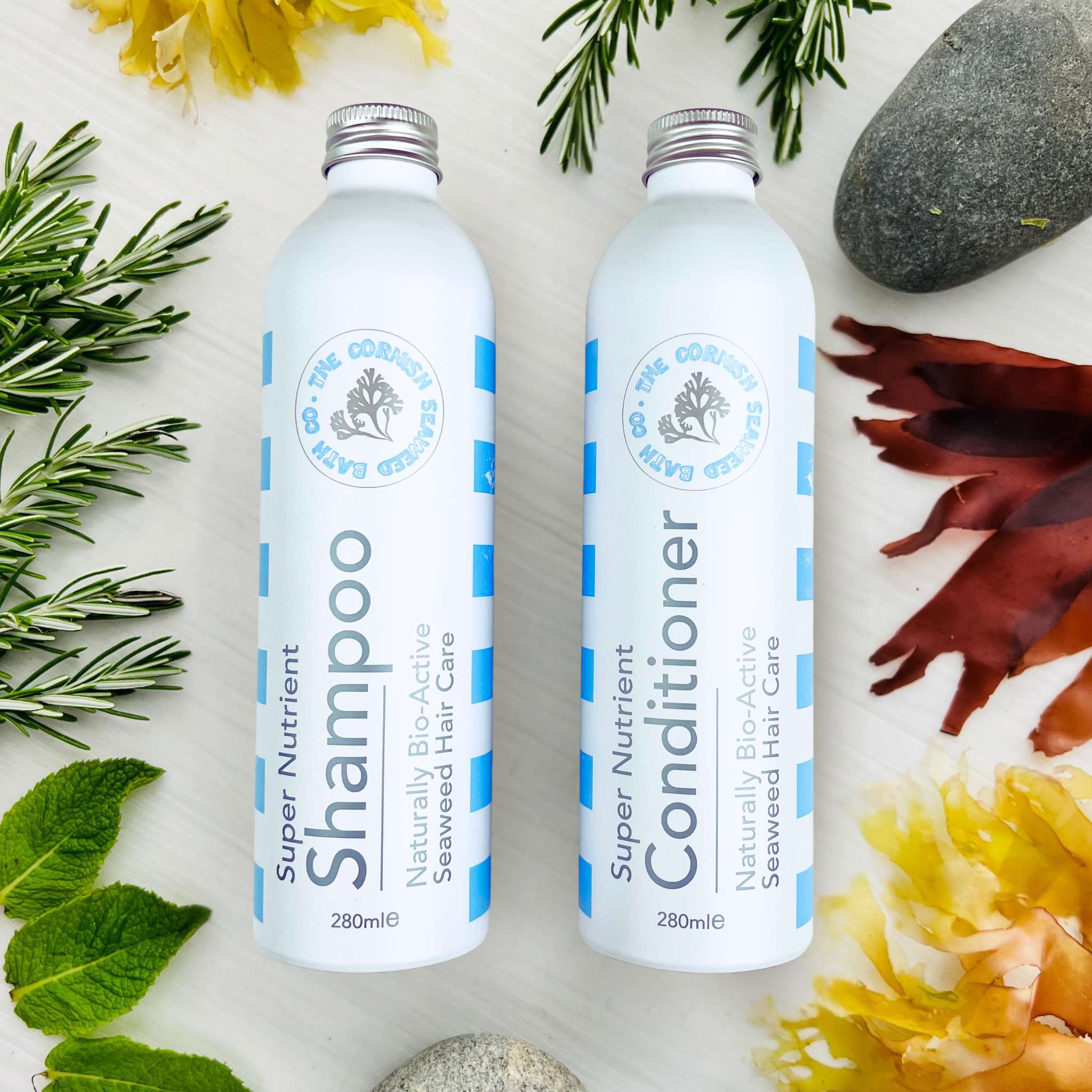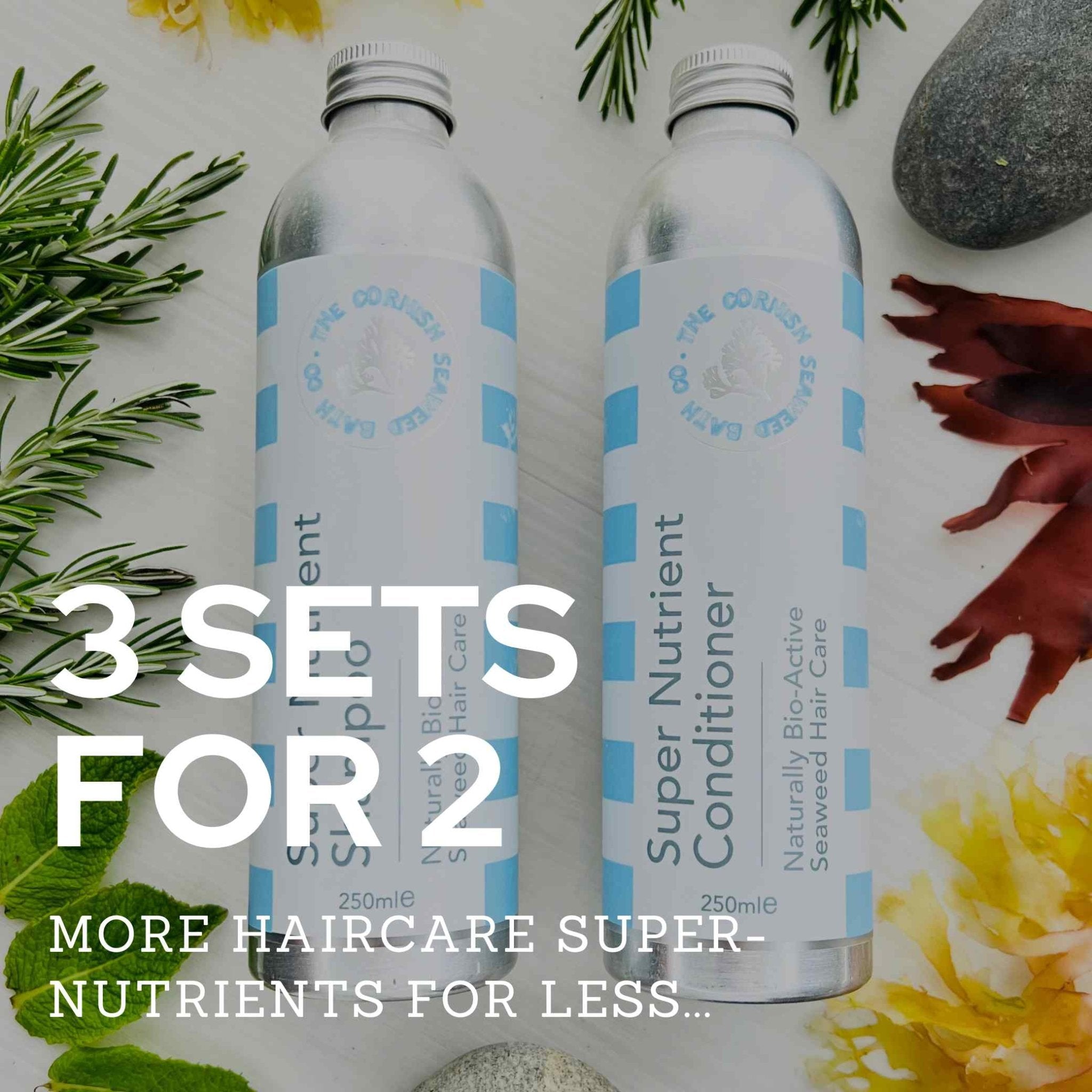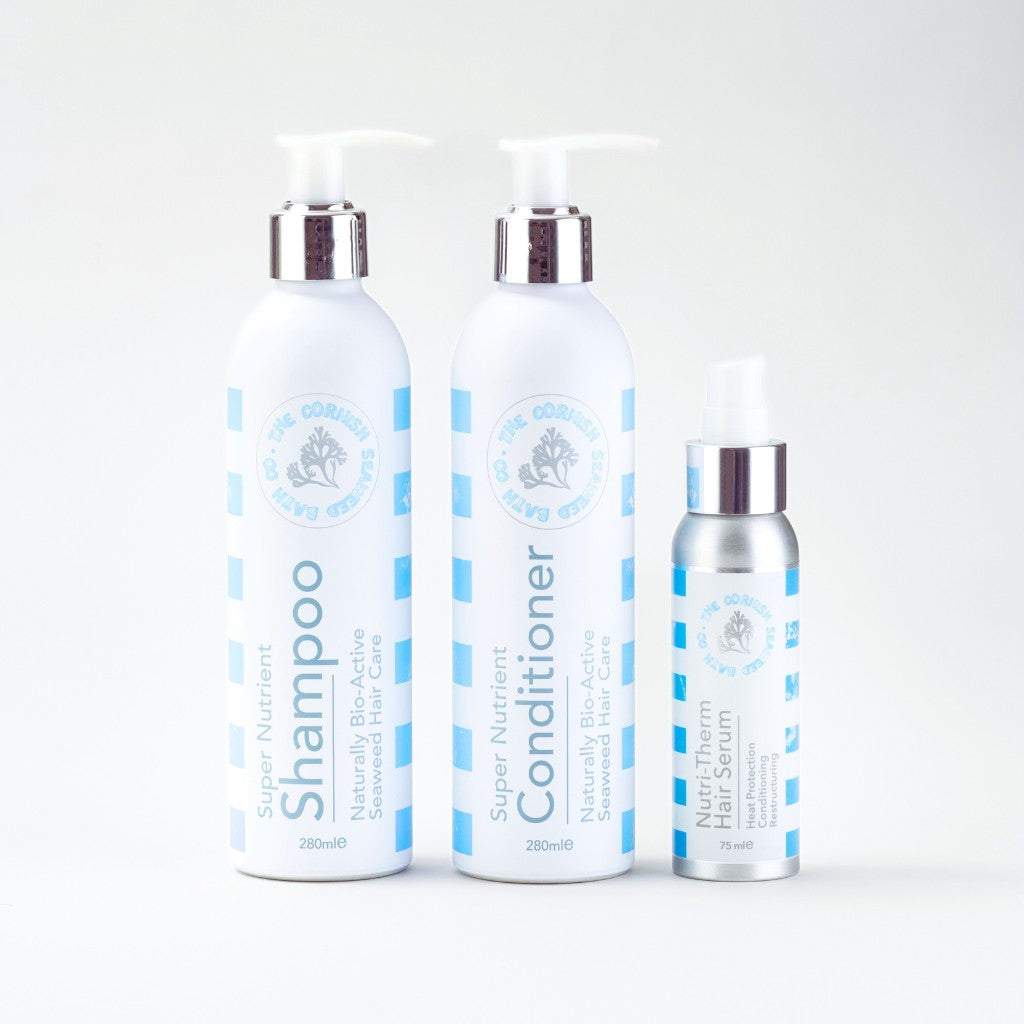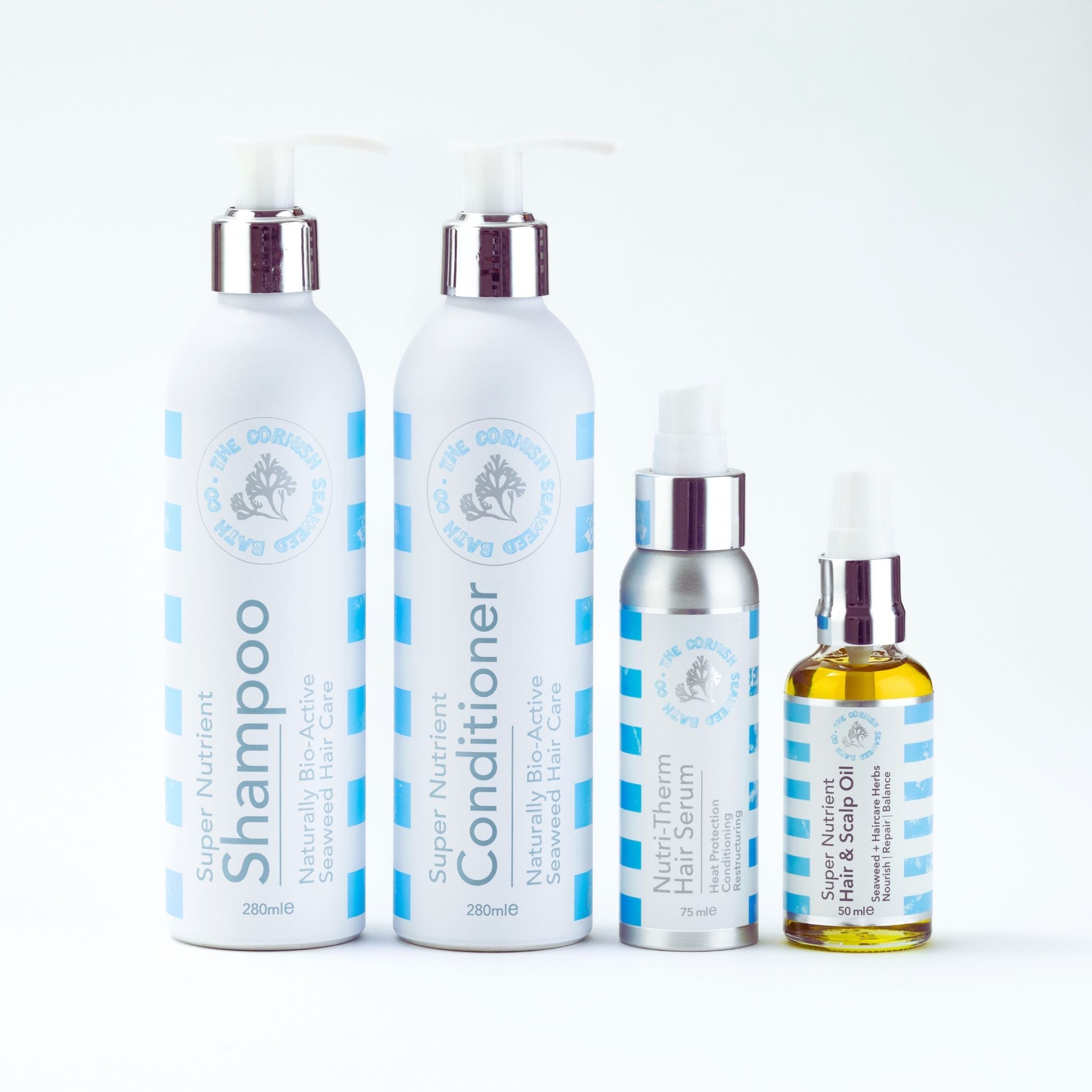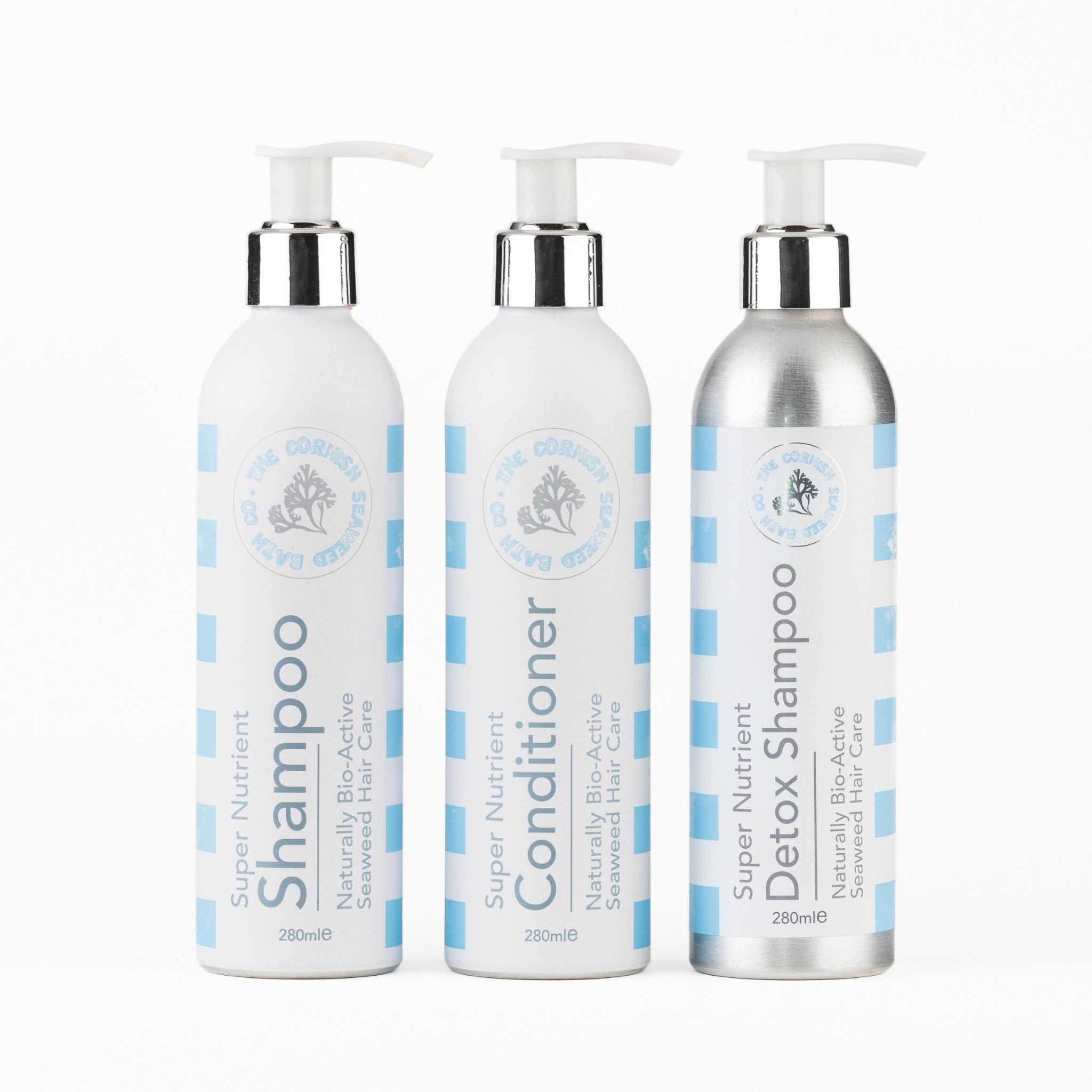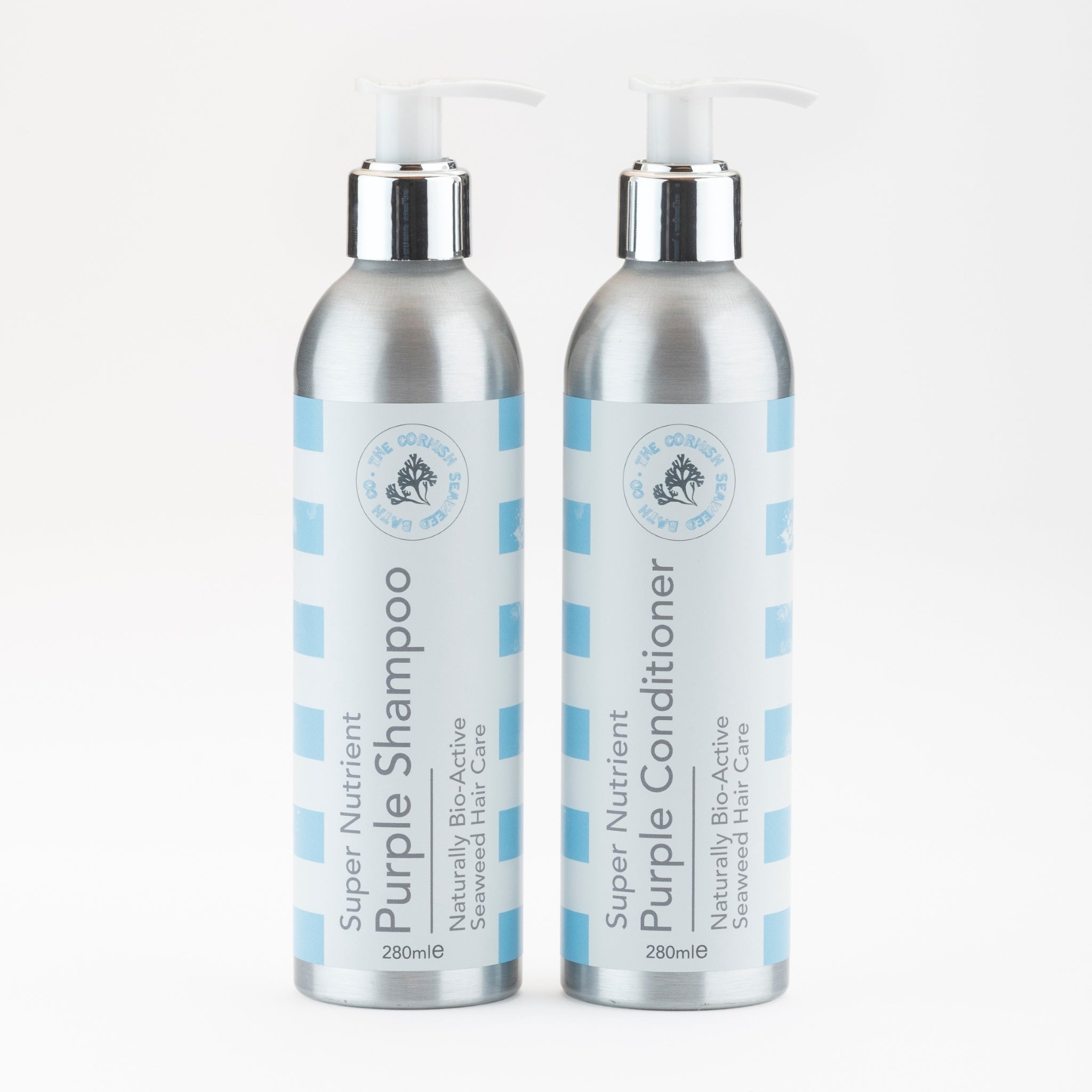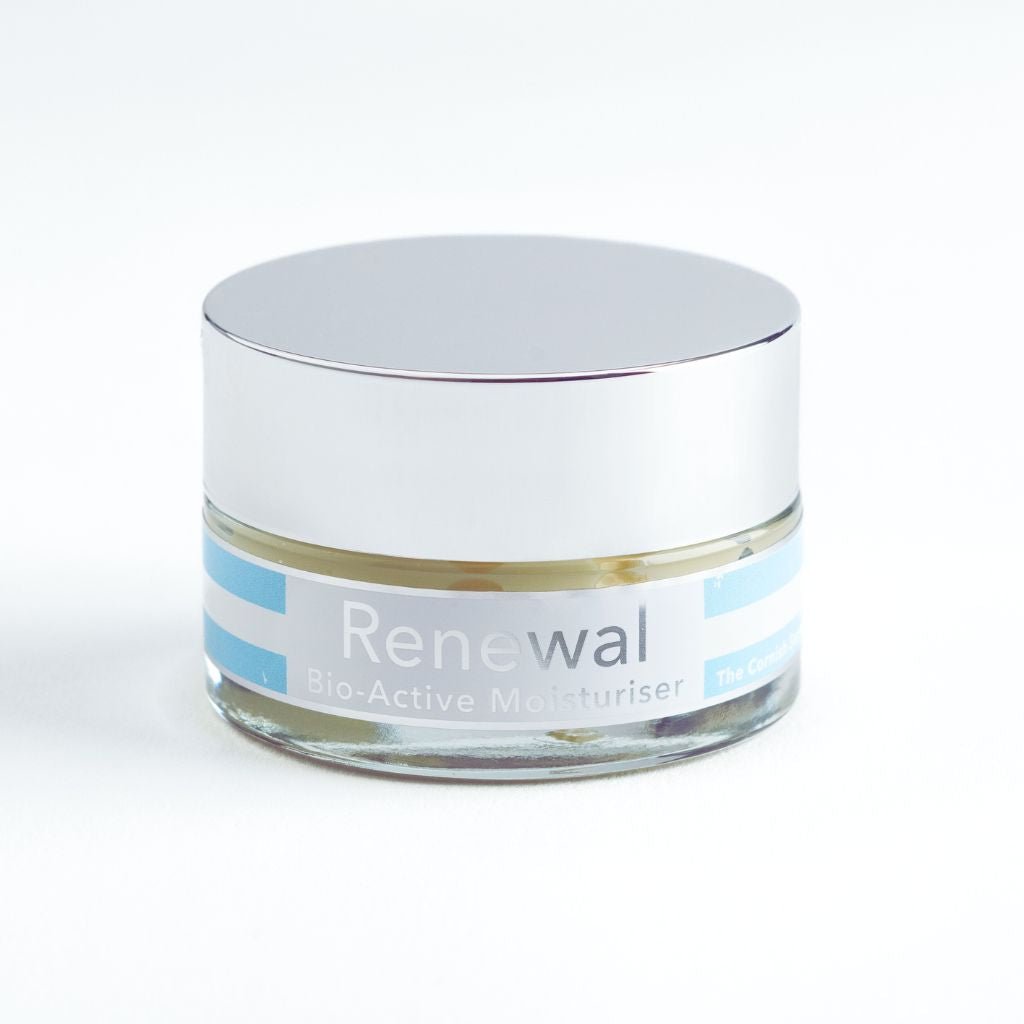Key Takeaways
- A balm is a semi-solid, oil-based product that forms a protective barrier on the skin.
- Balms provide concentrated nourishment to support skin comfort and hydration.
- Unlike creams or lotions, balms contain minimal water content.
- They primarily rely on plant oils, waxes, and botanical extracts.
Table of Contents
- What Is a Balm? Definition and Key Characteristics
- How Balms Work: Ingredients, Mechanisms, and Suitable Skin Types
- The Best Balm: Criteria for Selection and Qualitative Product Comparison
- Practical Application: Using Balms for Skin, Lips, and Rituals
- Balm Comparisons: Balms vs. Ointments, Creams, Salves, and Moisturisers
- The Science Behind Our Balm Formulation
- Problem-Solving & Safety: Balm Sensitivities and Optimisation
- Sustainability and Ethical Considerations in Balm Choice
What Is a Balm? Definition and Key Characteristics
Quick Answer: A balm is a semi-solid, oil-based formulation designed to create a protective barrier on skin whilst delivering concentrated nourishment. Unlike creams or lotions, balms contain minimal water, relying on plant oils, waxes, and botanical extracts to support skin comfort and hydration.
The best balm combines carefully selected oils with natural waxes to create a texture that melts gently upon contact with skin. This formulation approach allows balms to deliver sustained moisture whilst forming a breathable protective layer, particularly valuable for areas exposed to environmental stressors or prone to dryness.
For those seeking a fragrance-free option that excels at delivering this kind of nourishment, the Fragrance Free Skin Repair Balm is an excellent choice. If you prefer a set for both cleansing and moisturising, the Fragrance Free Soap & Balm Set offers a convenient duo for daily care.
Balm vs. Salve vs. Ointment, Clarifying Formulation Differences
Balms typically contain 80–95% oils and waxes with botanical extracts, creating a firm yet spreadable consistency. Salves follow similar principles but often include higher concentrations of herbal extracts. Ointments, whilst also oil-based, frequently incorporate synthetic ingredients and may feel heavier on skin. The distinction matters because balms offer the ideal balance of protection and absorption for daily use.
The Role of Balms in Daily Skin, Lip, and Body Care
Balms excel at targeted application, lips, elbows, hands, or any area requiring extra support. The alginate compounds naturally present in seaweed-based formulations, such as those found in Fucus Serratus, create gentle films that help maintain skin moisture whilst allowing natural breathing. This makes quality balms particularly suitable for post-bathing rituals or before outdoor exposure.
| Balm Type | Primary Oils | Ideal Use | Key Benefits |
|---|---|---|---|
| Skin Repair Balm | Sunflower, Jojoba | Dry patches, environmental stress | Protective barrier, botanical support |
| Lip Balm | Olive, Coconut | Daily lip care | Gentle protection, comfortable feel |
| Herbal Balm | Varied base oils | Targeted botanical benefits | Plant-based comfort, aromatherapy |
How Balms Work: Ingredients, Mechanisms, and Suitable Skin Types

Premium balms function through occlusive and emollient action, creating a protective layer whilst delivering nourishing compounds directly to skin. The most effective formulations combine fast-absorbing oils like Jojoba with protective waxes and mineral-rich botanicals that support skin's natural barrier function.
Common Ingredients in Premium Balms
Quality balms feature plant oils chosen for specific properties: Jojoba Oil mimics skin's natural sebum, Sunflower Oil provides vitamin E and essential fatty acids, whilst Sea Buckthorn Oil offers antioxidant support. Natural beeswax creates structure without clogging pores, and botanical extracts like Frankincense resin provide additional skin-comforting properties.
Essential oils serve dual purposes, Lavender and Bergamot offer aromatherapy benefits whilst possessing natural preservation qualities. The key lies in balanced formulation where each ingredient serves a specific function rather than simply filling space.
Why Seaweed-Based Balms Are Distinct
Fucus Serratus, the brown seaweed featured in our Wild Seaweed Skin Repair Balm, contains naturally occurring alginates and fucoidans that form gentle, breathable films on skin. These compounds help maintain moisture levels whilst delivering trace minerals that support skin comfort, a unique advantage over purely oil-based formulations.
To learn more about the benefits of seaweed for skin, you might enjoy our article on five ways to use seaweed to care for your skin health.
Matching Balm Formulations to Skin Types and Needs
Dry skin benefits from richer formulations containing Sea Buckthorn Oil and Shea Butter, whilst sensitive skin requires fragrance-free options with gentle oils like Virgin Coconut Oil. Those with oily skin can still use balms effectively by choosing lighter textures and applying sparingly to specific areas rather than all-over application.
The most effective approach involves patch testing any new balm on a small skin area and observing both immediate feel and absorption over several hours. Quality balms should feel comfortable without excessive greasiness or residue.
The Best Balm: Criteria for Selection and Qualitative Product Comparison
Selecting the best balm requires evaluating ingredient quality, formulation expertise, and suitability for your specific needs. Premium balms distinguish themselves through thoughtful ingredient selection, sustainable sourcing, and proven effectiveness rather than marketing claims alone.
Selection Criteria, What "Best" Means for You
Quality indicators include ingredient transparency, sustainable sourcing practices, and formulation integrity. The best balms avoid synthetic fillers, utilise organic oils where possible, and demonstrate clear understanding of how different ingredients work together. Consider texture preferences, sensitivity levels, and intended use scenarios when evaluating options.
Environmental sustainability and ethical sourcing increasingly influence balm selection. Look for brands demonstrating genuine commitment through responsible harvesting, recyclable packaging, and transparent ingredient origins. The best balm balances personal effectiveness with environmental responsibility.
Comparing Our Wild Seaweed Skin Repair Balm with Select Competitors
Our Wild Seaweed Skin Repair Balm stands out through its unique combination of hand-harvested Cornish seaweed, botanical herbs, and sustainable craftsmanship. The formulation includes Red Peony root and Rhubarb root alongside Fucus Serratus, ingredients chosen for their traditional skin-supporting properties rather than trending appeal.
For those seeking a larger size for long-term use, the Wild Seaweed Skin Repair Balm 50ml/large is ideal. If you want to explore more options, browse our curated Skin Repair Balms collection.
| Criteria | Our Wild Seaweed Balm | Premium Competitor A | Mass Market Brand B |
|---|---|---|---|
| Core Ingredients | Fucus Serratus seaweed, botanical herbs, organic oils | Synthetic actives, mineral oils | Petrolatum base, basic emollients |
| Texture & Absorption | Melts on contact, non-greasy finish | Thick consistency, slower absorption | Heavy feel, potential residue |
| Sustainability | Hand-harvested seaweed, recyclable packaging | Limited environmental information | Conventional packaging, unclear sourcing |
| Skin Suitability | All skin types, sensitive-friendly botanicals | May irritate sensitive skin | Basic moisturising, limited benefits |
The distinction becomes clear through ingredient transparency and formulation philosophy. Whilst competitors often rely on synthetic thickeners or petroleum derivatives, our approach prioritises plant-based ingredients that work harmoniously with skin's natural processes.
Practical Application: Using Balms for Skin, Lips, and Rituals
Effective balm application requires understanding timing, quantity, and technique. The most beneficial approach involves applying balm to slightly damp skin within three minutes of bathing, when pores remain open and receptive to nourishment.
Techniques for Effective Balm Application
Begin with clean, dry hands and a pea-sized amount of balm. Warm the product between fingertips until it begins to melt, then gently pat onto target areas rather than rubbing vigorously. For lips, a small dot provides adequate coverage, over-application often leads to uncomfortable heaviness.
Post-bathing application proves most effective because warm, damp skin readily absorbs balm ingredients. Focus on areas prone to dryness: elbows, knees, heels, and hands. Allow several minutes for complete absorption before dressing.
Rituals for Enhanced Results
Creating a mindful balm ritual enhances both physical and mental benefits. After evening bathing, apply our Wild Seaweed Skin Repair Balm with gentle circular motions, taking three deep breaths to appreciate the natural Frankincense and Lavender aromatics. This simple practice transforms routine skincare into restorative self-care.
Keep balm accessible for spontaneous application, beside your bed for nighttime touch-ups, in your bag for outdoor exposure recovery, or near your workspace for hand care throughout busy days.
Balm for Targeted Concerns
Different concerns require specific approaches. For persistently dry lips, our Organic Lip Balm provides gentle daily protection with Peppermint for subtle invigoration. Rough patches on elbows or heels benefit from slightly thicker application of Wild Seaweed Skin Repair Balm, particularly before bedtime when extended contact time maximises benefits.
Gift-giving scenarios favour balms for their universal appeal and luxury feel. A quality balm demonstrates thoughtfulness whilst offering practical benefits, perfect for those seeking meaningful, natural wellness presents. For more inspiration, explore our Gift Sets collection.
Balm Comparisons: Balms vs. Ointments, Creams, Salves, and Moisturisers

Understanding formulation differences helps identify when balms offer superior benefits over alternatives. The best balm excels in situations requiring targeted, long-lasting protection rather than light, daily hydration.
Ingredient and Functional Differences
| Product Type | Oil Content | Wax Content | Water Content | Best Use Case |
|---|---|---|---|---|
| Balm | High (40–60%) | Medium (15–25%) | None to minimal | Targeted dry areas, barrier protection |
| Ointment | Very high (80%+) | Low (5–10%) | None | Medical applications, severe dryness |
| Cream | Medium (20–40%) | Low (2–5%) | High (50–70%) | Daily moisturising, large body areas |
| Salve | High (50–70%) | High (20–30%) | None | Herbal healing, thick consistency preferred |
When to Choose a Balm Over Alternatives
Balms excel when skin requires sustained protection against environmental stressors. Choose a balm over lighter alternatives when experiencing persistent dryness, wind exposure, or when you prefer concentrated, targeted application over widespread coverage.
If your skin feels tight immediately after cleansing, a best balm provides prolonged comfort that water-based creams cannot match. The absence of water in balm formulations means longer-lasting effects and reduced need for frequent reapplication throughout the day. For more on the differences between balms and creams, see our guide to moisturiser.
The Science Behind Our Balm Formulation
Our Wild Seaweed Skin Repair Balm leverages marine biotechnology through Fucus Serratus, a brown seaweed rich in bioactive compounds that form protective films on skin surfaces. Scientific research demonstrates that seaweed alginates create moisture-retaining barriers whilst fucoidans provide antioxidant support. For a deeper dive into the science, see this peer-reviewed study on seaweed bioactives.
Fucus Serratus, What Makes This Seaweed Stand Out
Fucus Serratus contains unique polysaccharides including alginates, fucoidans, and phlorotannins that work synergistically to support skin comfort. These compounds form breathable protective films whilst delivering minerals directly absorbed from Atlantic waters surrounding Cornwall's coastline.
Key Compounds: Alginates provide film-forming properties, fucoidans offer antioxidant activity, and phlorotannins contribute to the balm's gentle, supportive nature on sensitive skin.
Supporting Botanical Ingredients
Frankincense resin provides skin-soothing properties ideal for post-wind exposure comfort in our Wild Seaweed Skin Repair Balm. Red Peony root contributes traditional skin-supporting benefits particularly suited to irritation-prone areas in the same formulation. Dandelion offers gentle skin comfort properties, making it ideal for sensitive skin applications in our Wild Seaweed Skin Repair Balm.
Problem-Solving & Safety: Balm Sensitivities and Optimisation
Balm safety centres on ingredient awareness and gradual introduction. Patch testing remains the most reliable method for identifying potential sensitivities, apply a small amount to inner wrist skin and monitor for 24 hours before full use.
Safety of Balm Use, What to Know
Expected reactions include initial warming sensation from botanical essential oils or slight tingling from mint-containing formulations like our Organic Lip Balm. Concerning reactions involve persistent redness, swelling, or burning sensations requiring immediate discontinuation.
Eczema-prone users benefit from fragrance-free options initially, progressing to lightly scented formulations once tolerance establishes. Never apply balms to broken or actively bleeding skin without consulting healthcare providers.
Balm Not Moisturising Enough? Solutions
Insufficient moisturising often indicates application timing issues rather than product inadequacy. Apply balm to damp skin immediately post-cleansing when pores remain receptive. Increase application frequency during environmental stress periods, wind, cold, or low humidity conditions.
Pair balms with gentle cleansers to avoid stripping natural oils that balms aim to supplement. Our Seaweed & Frankincense Body Wash provides compatible cleansing that prepares skin for optimal balm absorption. For additional scientific background on skin barrier function, see this external resource on skin moisturisation.
Sustainability and Ethical Considerations in Balm Choice

Sustainable balm selection involves evaluating ingredient sourcing, packaging materials, and manufacturing processes. The best balm demonstrates environmental responsibility without compromising effectiveness or user experience.
What Sets Cornish Seaweed-Based Balms Apart
Our seaweed harvesting follows traditional sustainable practices, collecting only what naturally regenerates whilst preserving marine ecosystems. Recyclable packaging reduces environmental impact, whilst concentrated formulations minimise shipping requirements and storage space.
Frequently Asked Questions
What are the key differences between balms, salves, and ointments in terms of ingredients and skin benefits?
Balms generally contain 80–95% plant oils and waxes with botanical extracts, offering a firm yet spreadable texture that balances protection and absorption for daily use. Salves are similar but often include higher concentrations of herbal extracts, providing more targeted herbal support. Ointments tend to incorporate synthetic ingredients and feel heavier on the skin, which can be less comfortable for regular application.
How do balms work to protect and nourish the skin, and which skin types are they best suited for?
Balms form a breathable, protective barrier on the skin using nourishing plant oils and natural waxes, which helps retain moisture and support skin comfort. They are particularly suited to dry or sensitive skin types, as their minimal water content and botanical extracts gently support hydration without irritation.
What ingredients should I look for in a high-quality balm for dry or sensitive skin?
Look for balms containing plant oils like sunflower and jojoba, natural waxes such as beeswax or shea butter, and soothing botanical extracts like frankincense and red peony root. These ingredients provide concentrated nourishment and help maintain skin comfort, making them ideal for dry or sensitive skin.
How can balms be effectively incorporated into daily skincare routines, such as for lips or post-bathing care?
Balms work well as targeted treatments for areas needing extra support, such as lips, hands, or elbows. Applying a balm post-bathing helps lock in moisture and protect the skin from environmental stressors, creating a calming ritual that supports skin comfort throughout the day.
A picture tells a thousand words: out of necessity, some images in this blog post have been created using artificial intelligence models. This is to help us bring to life & more comprehensively express the written content within this post. We only using artificially generated images when we don’t have a suitable image available to us.



